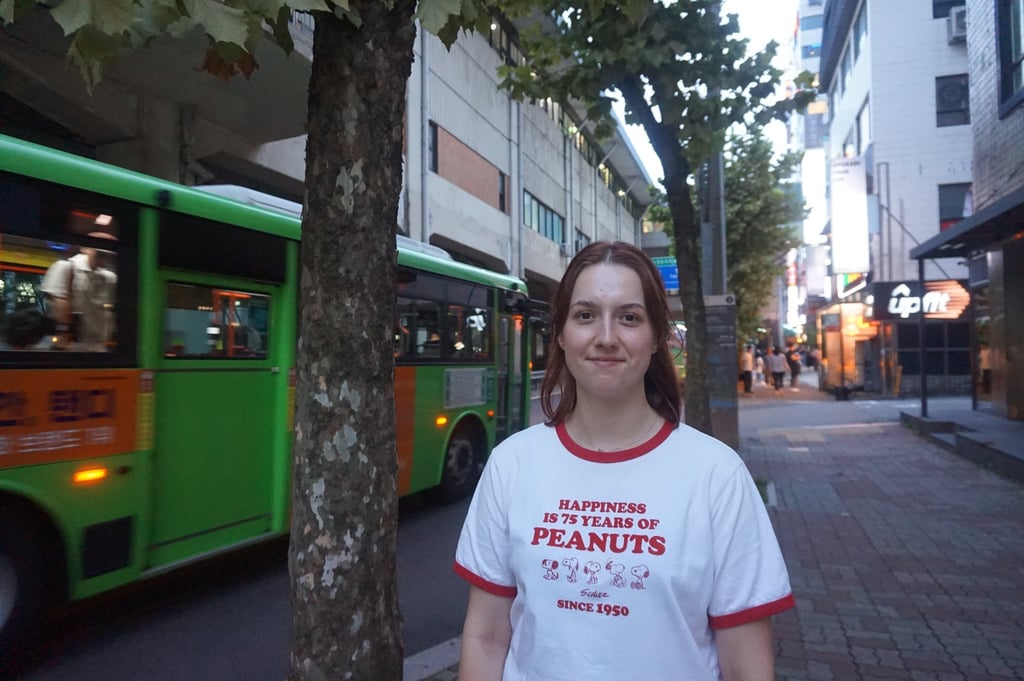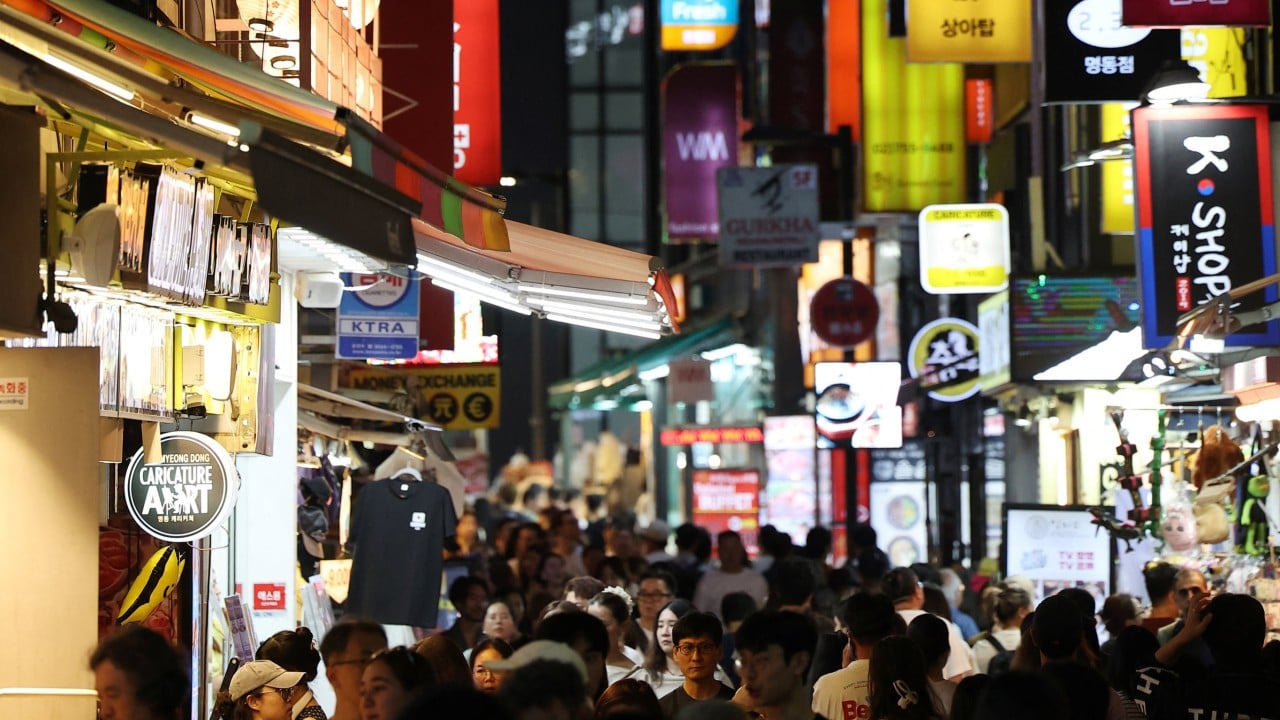Seoul’s neon-lit streets regularly draw throngs of young visitors, eager to soak up the city’s reputation as the global epicentre of K-pop, TikTok trends and high-speed living.
Advertisement
But beneath the curated image of its most famous cosmopolitan metropolis, South Korea is wrestling with a more complex demographic reality: how to integrate the growing number of foreigners who now call the country home.
Today, foreign nationals account for nearly 5 per cent of the population, or around 2.73 million people. International student enrolments rose to 209,000 last year – a 25 per cent increase since 2022 – as the government pursues a target of 300,000 by 2028.
Meanwhile, the number of foreign workers surpassed 1 million for the first time in May last year, in another example of the transformation under way in one of the world’s most ethnically homogeneous nations.
But even as the country opens its doors wider to foreign students and workers, integration has lagged behind. Experts warn that rigid visa rules, a lack of anti-discrimination protections and entrenched ideas about ethnic homogeneity have created barriers that make it hard for newcomers to stay long term – leaving many weighing whether to move on.

For residents like Gwenaelle Storne, a 27-year-old from Paris who speaks fluent Korean, works in Seoul’s IT sector and is married to a South Korean, the uncertainty is constant.

